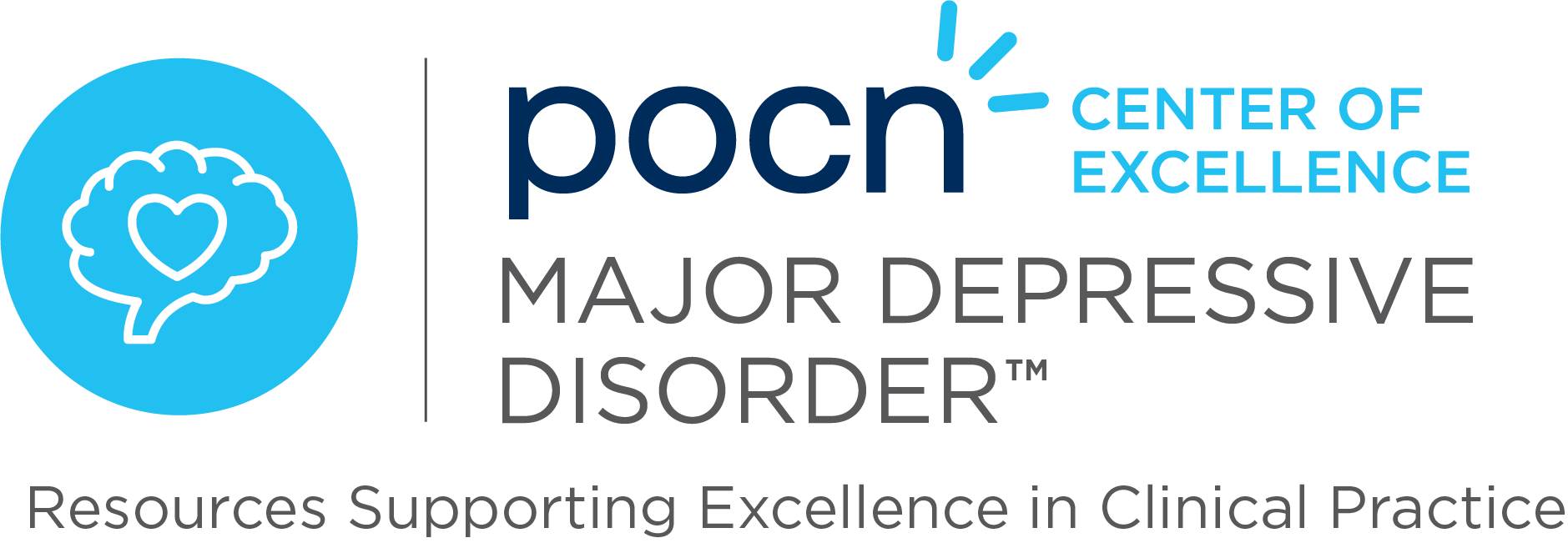This study identifies a dysbiosis index for major depression, highlighting specific gut microbiota imbalances that influence the recurrence of illness (ROI), suicidal behaviors, and depression severity. The index shows increased harmful effects, such as gut barrier breakdown, inflammation, and trimethylamine-N-oxide (TMAO) production, alongside reduced beneficial effects like butyric acid production and gut-immune protection. The findings suggest that adverse childhood experiences (ACE) significantly impact this enterotype, which could serve as a new therapeutic target to manage depression, especially by addressing gut dysbiosis.
The study underscores the importance of region-specific microbiome profiles for understanding depression and suggests future research into these connections. Both ACE and ROI were found to be associated with this dysbiosis index, which was also linked to suicidal behaviors and cognitive deficits. Developing treatments targeting this gut-microbiome-immune axis, such as butyrate or probiotic supplements, may help mitigate the effects of ACE and prevent the recurrence of depressive episodes, while enhancing mental health outcomes.
Reference: Maes M, Vasupanrajit A, Jirakran K, et al. Adverse childhood experiences and reoccurrence of illness impact the gut microbiome, which affects suicidal behaviours and the phenome of major depression: towards enterotypic phenotypes. Acta Neuropsychiatr. 2023;35(6):328-345. doi: 10.1017/neu.2023.21.


